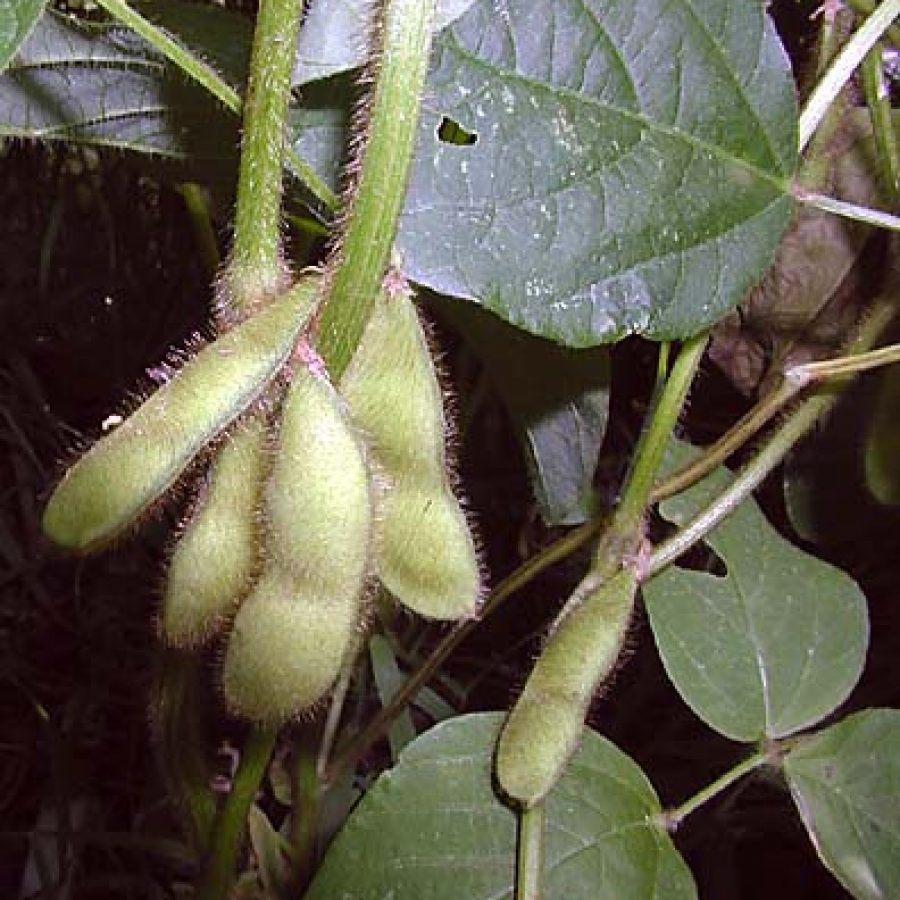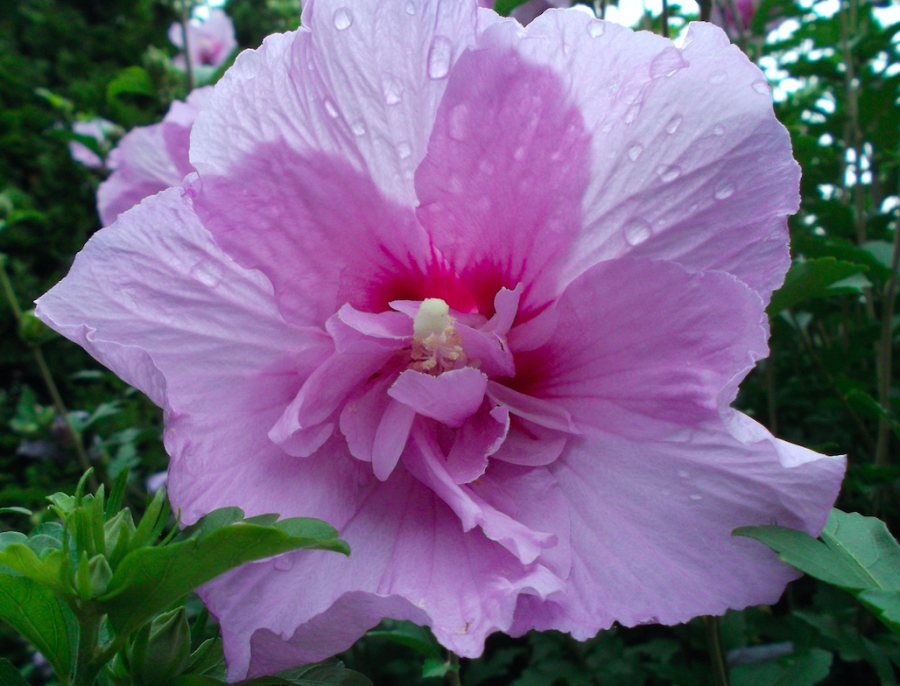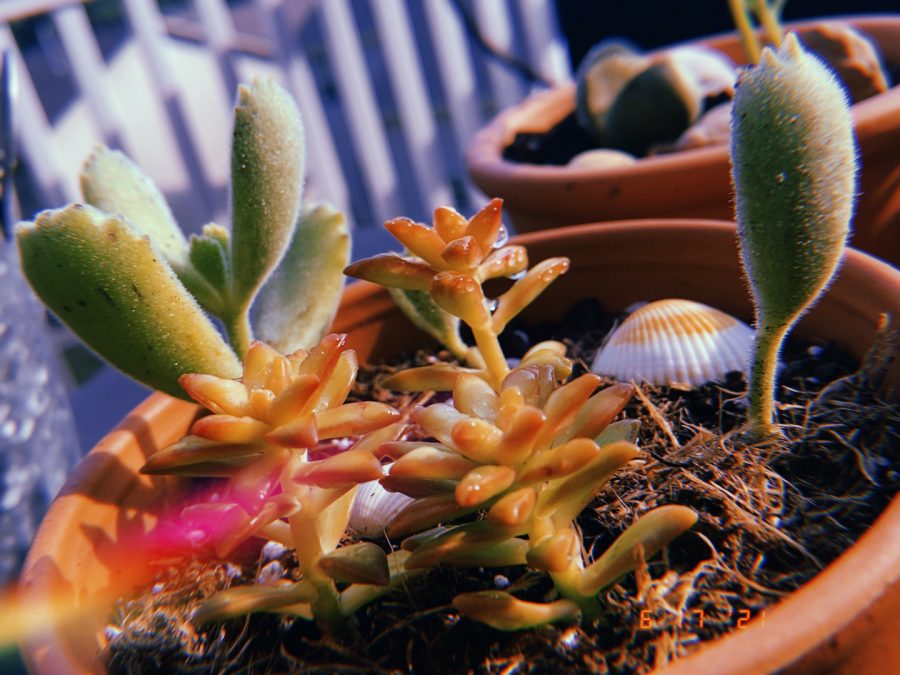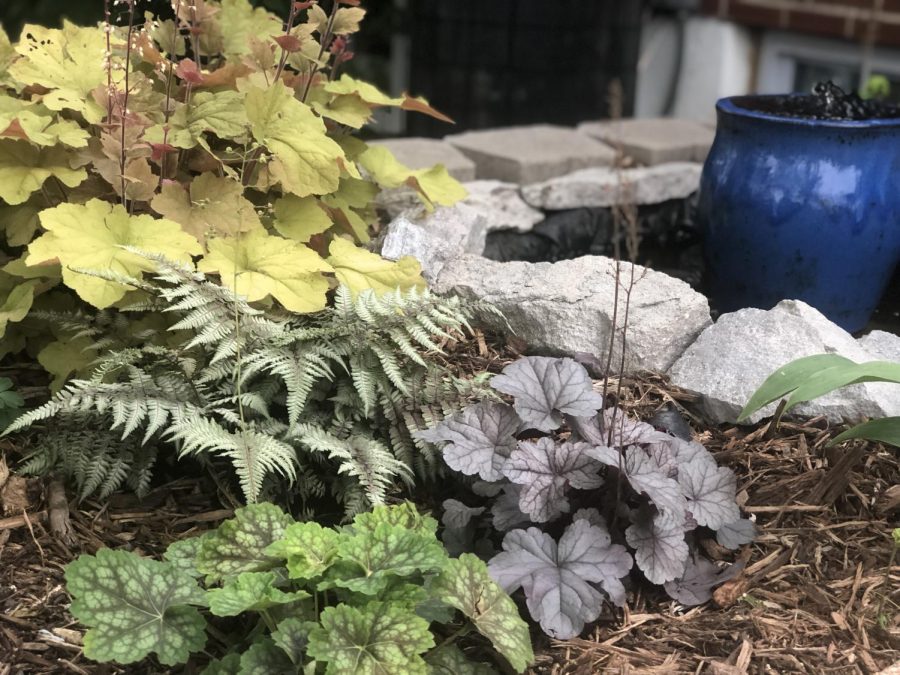Edamame — pronounced ed-ah-mah-may — is a tasty treat.
I first tried the green or vegetable soybeans in the pod at a Japanese restaurant in Springfield. They had been boiled in salty water and were served hot. To eat them, you just opened the somewhat hairy pod to get to the two or three tender green beans.
This year, I bought a packet of Edamame seed — the short-season variety “Envy” — to grow in my garden at home. I had enough seed left over to plant some in the Square Foot Garden in the Horticulture Garden at Mountain Grove and to give some to my son Weston, who lives in Springfield.
One thing I will say, but not too loud since they may be listening, is I am glad the Japanese beetles haven’t found Mountain Grove yet. They certainly loved the Edamame in Springfield where they skeletonized the leaves of my son’s crop in no time. He ended up pulling his plants out — what was left of them, anyway.
The plants at Mountain Grove remain beetle-free and are doing fine. I taste tested a few just before writing the review and they were succulent and sweet.
The scientific name of Edamame is the same as the more familiar grain soybean — Glycine max. Edamame is the Japanese common name meaning “beans on a branch” or “twig bean” since the beans are sold attached to the stem. The Chinese common name is Mao Dou or “hairy bean,” which describes the pods. If you decide to grow some in your own garden, make sure you purchase seed for green or vegetable soybean rather than the more familiar grain soybean. Green soybean has a shorter growing season and is sweeter than the grain type.
Edamame is quite nutritious, containing protein and omega-3 fatty acids. It is a good source of vitamin A, vitamin B and calcium. The pods are picked when full and green, boiled for about 10 minutes in water and usually salted. The cooked pods are served hot or may be cooled first. The hairy pods are opened and the beans inside are plucked out and eaten.
Direct comments or questions about this column to horticulture adviser Odneal at MarilynOdneal@missouristate.edu or call her at (417) 547-7500.









